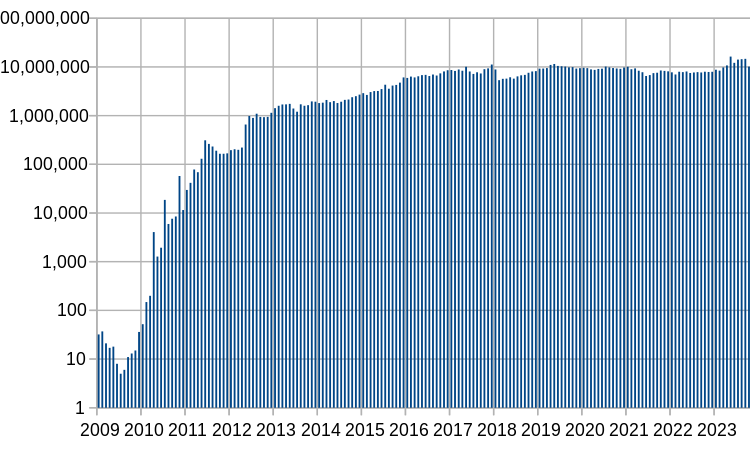Growing budget constraints could mean a choice between higher taxes or spending cuts
- Britain’s Labour Party inherits a lack of funds to address economic and social challenges
- Growing budget constraints may lead to higher taxes or spending cuts
- Keir Starmer faces the challenge of delivering on his ambitious vision without new spending initiatives
- Britain’s debt is at its highest level in six decades
- The demands on public finances will only increase with an aging population and the need for increased healthcare spending
- The Starmer government may have to cut public services or raise taxes to cope with the financial situation
- Labour has pledged targeted tax increases and reducing government debt
- Labour will have to find additional funds for healthcare costs and military spending
- The Conservative Party’s austerity program has left a backlog of cases in the court system and overcrowded jails
- The economy is growing slowly and living standards have declined in recent years
Britain’s Labour Party, led by Keir Starmer, is facing the challenge of rebuilding the country amidst a lack of funds. The previous Conservative government increased public spending, leading to high taxes and debt levels. Starmer has promised to kick-start the economy, improve infrastructure, and fix the struggling healthcare system. However, without faster growth or new spending initiatives, delivering on these promises will be difficult. Britain’s debt is at its highest level in six decades, and the demands on public finances will only increase with an aging population and the need for increased healthcare spending. The Starmer government may have to cut public services or raise taxes to cope with the financial situation. Labour has pledged targeted tax increases and reducing government debt, but it remains to be seen how they will fund their promises. The Conservative Party’s austerity program has left a backlog of cases in the court system and overcrowded jails. The economy is growing slowly, and living standards have declined in recent years.·
Factuality Level: 7
Factuality Justification: The article provides a detailed and factual account of the economic challenges facing the new Labour government in the UK, including the high debt levels, public spending issues, and the need for reforms. It presents information from various sources and experts, giving a comprehensive overview of the situation. However, it lacks in-depth analysis of potential solutions and alternative perspectives.·
Noise Level: 3
Noise Justification: The article provides a detailed analysis of the economic challenges facing the new Labour government in the UK, including the impact of the pandemic and war in Ukraine on the economy. It discusses the high debt levels, the need for public spending cuts, and the challenges of fulfilling campaign promises. The article also highlights the importance of efficiency reforms in the healthcare system and the need for structural changes. Overall, the article stays on topic, supports its claims with evidence, and offers insights into the complex economic situation in the UK.·
Key People: Keir Starmer (Prime Minister), Liam Byrne (Senior Treasury Official), Mujtaba Rahman (Head of Europe at Eurasia Group), Rachel Reeves (Treasury Chief), Pat McFadden (Top Starmer Aide), Liz Truss (Former Prime Minister), Rob Wood (Chief Economist at Pantheon Macroeconomics), Wes Streeting (Labour’s New Health Secretary)
Financial Relevance: Yes
Financial Markets Impacted: The article discusses the impact of the UK’s economic challenges on public finances, taxes, and debt. It mentions the potential need for spending cuts, tax increases, and additional funds for healthcare and military spending. These factors can have implications for financial markets and investors.
Financial Rating Justification: The article specifically mentions the impact on public finances, taxes, and debt, which are key financial topics. It also discusses the potential need for spending cuts and tax increases, which can affect financial markets and investor sentiment.·
Presence Of Extreme Event: No
Nature Of Extreme Event: No
Impact Rating Of The Extreme Event: No
Extreme Rating Justification: ·
 www.wsj.com
www.wsj.com 





